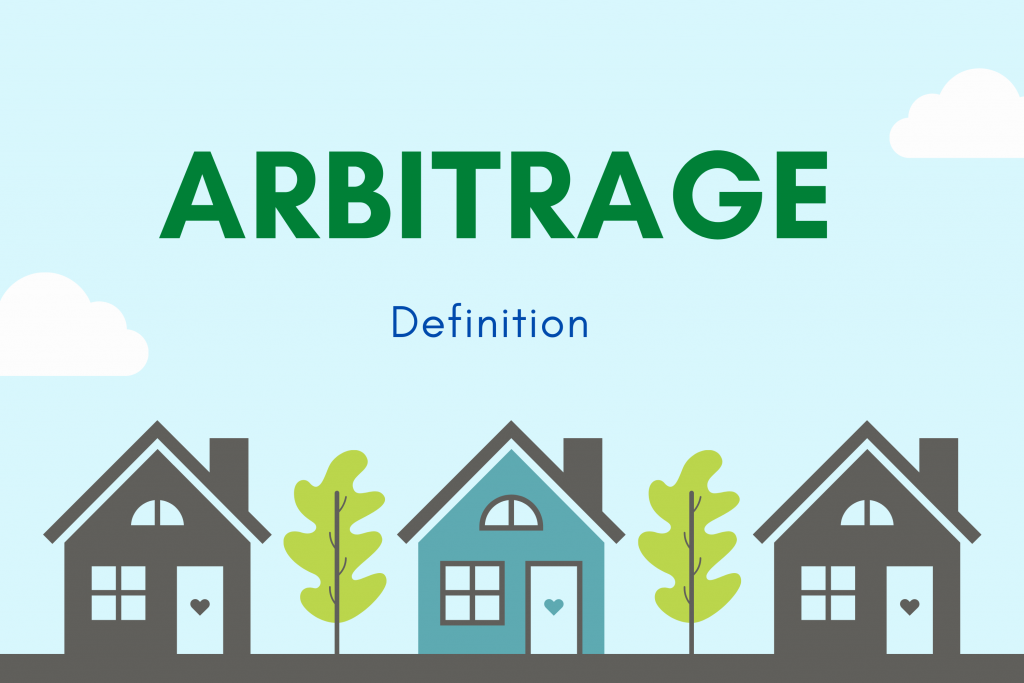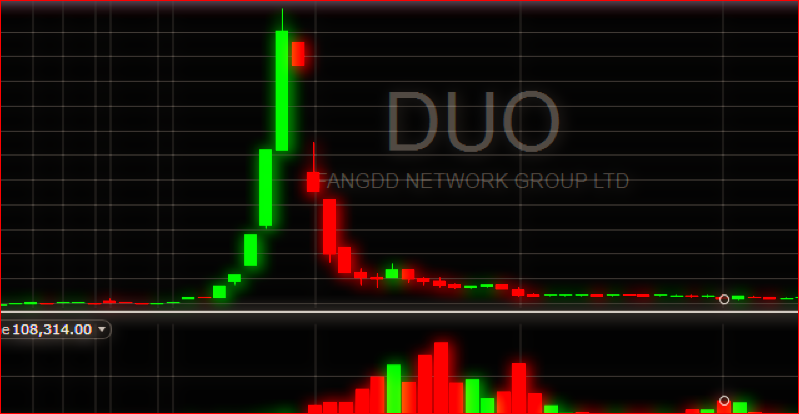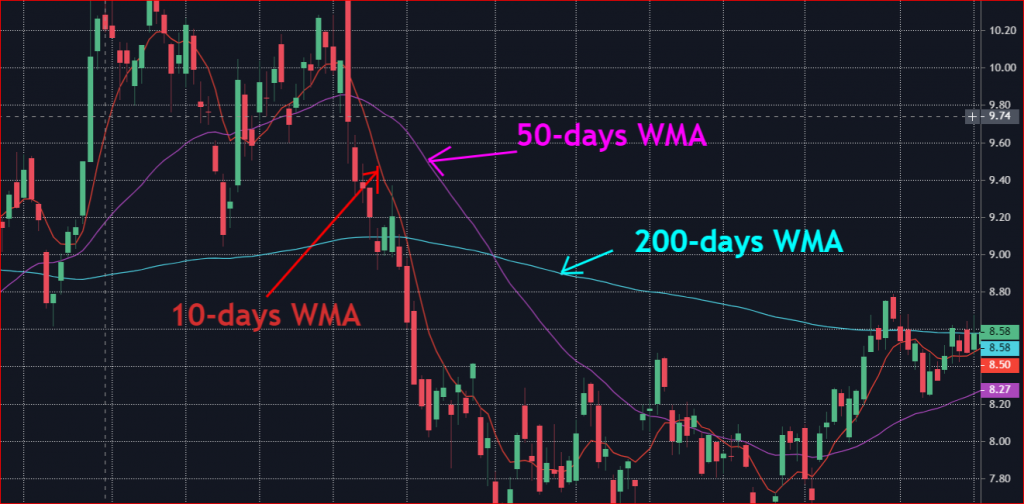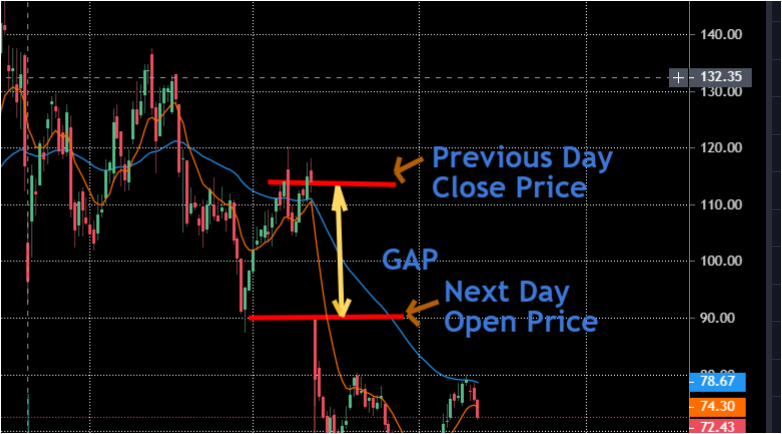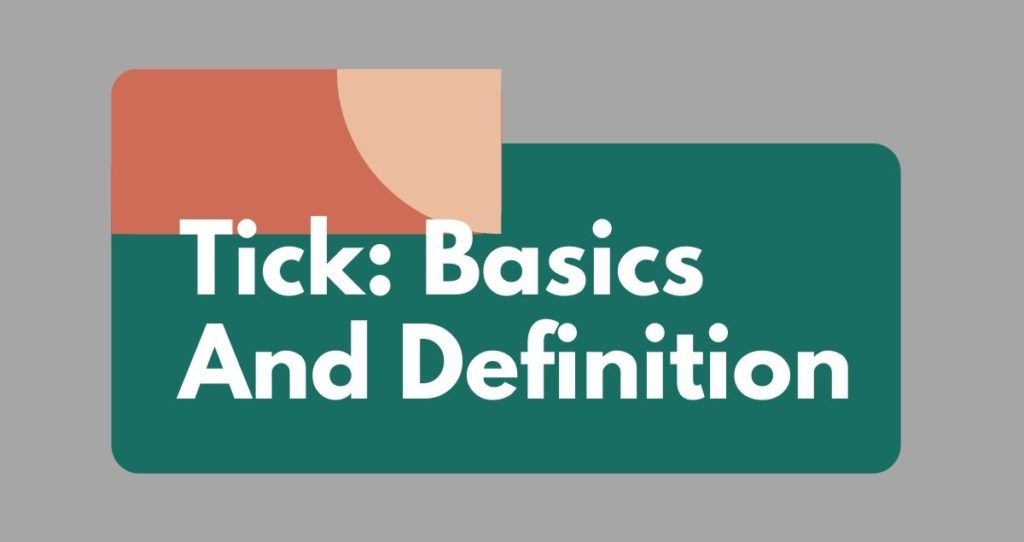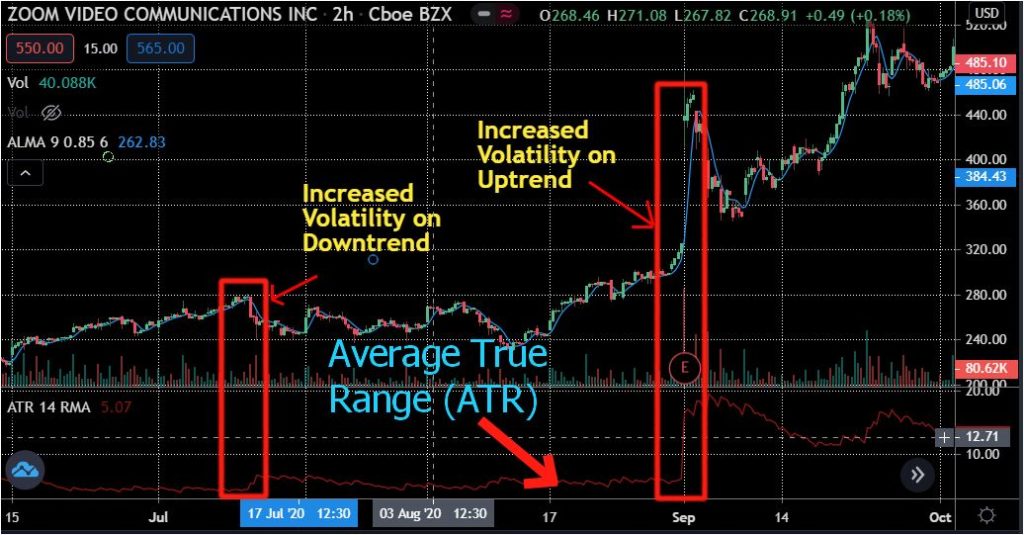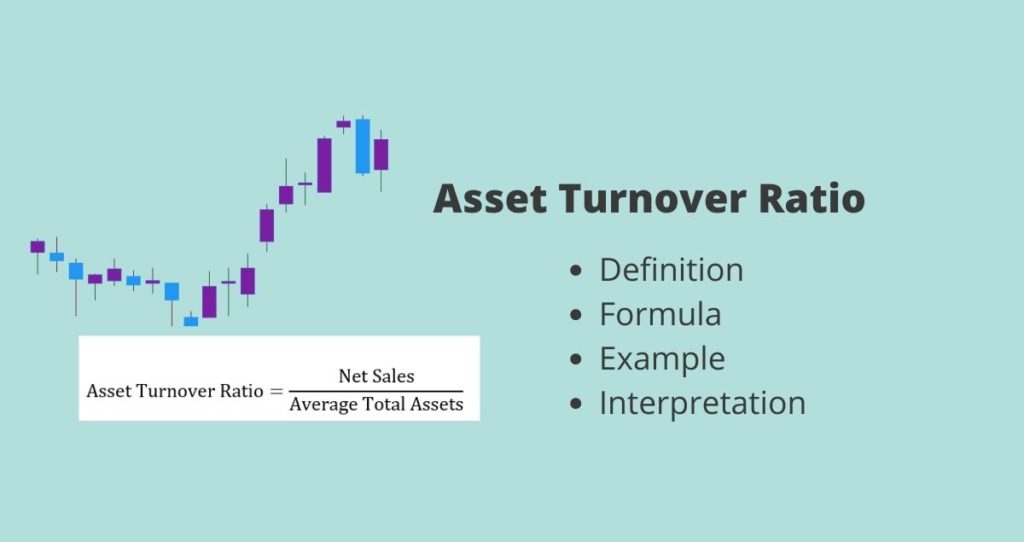What is a closed-end fund?
A closed-end fund or closed-end fund or closed-end investment is a special mutual fund whose shares are publicly traded. In other words, this is a mutual fund that raises a fixed amount of money through an Initial Public Offering (IPO). The mutual fund will list its shares to be publicly traded on exchanges during this process.
How do closed-end funds work?
- A professional manager and a managing team oversee the portfolio and trading activities (buying and selling equities).
- Since a portion of the fund is publicly traded, its value will fluctuate as shares increase or decrease in value
- The fund cannot buyback shares
- They charge an annual expense ratio
- It can make income to shareholders
- Also, it can distribute capital gain to shareholders through dividends
Why are they called closed-end funds?
According to fidelity, closed-end funds manage and invest money like regular mutual funds. However, they are closed because the money does not regularly flow into them when investors buy shares or out when investors sell their shares.
Buyers and sellers of its shares balance the buying and selling activities of its floating shares.
Benefits of investing in these closed-end funds
According to BlackRock, the following are benefits of investing in these funds.
- Potential for attractive distribution
- Portfolios are managed efficiently
- Chances of increasing returns by using leverage. Keep in mind that loss can be exponential if the fund makes bad decisions using leverage.
- Exchange-traded liquidity
- Discounts and premiums
How can money flow out of the fund?
There are many ways the money can flow out of the closed-end funds. The following are a few of them.
- Forced sales of leveraged funds to avoid violations of leverage limits
- The fund can be liquidated
- Loss of capital due to bad investment decisions
- Distribution to shareholders


